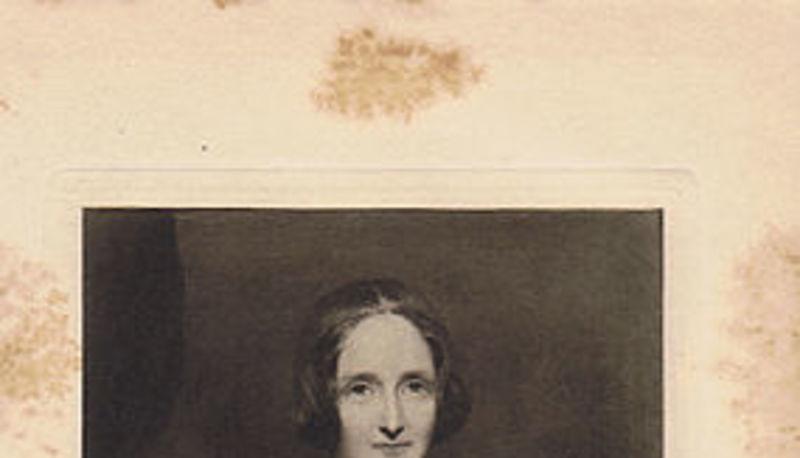Concetti Chiave
- Shelley was born into a noble family in 1792 and was deeply interested in classicism and science.
- He was expelled from Oxford University due to his atheistic views, conflicting with England's Protestant values.
- His personal life was tumultuous, marked by a failed first marriage and the suicide of his first wife after their child's death.
- Shelley's philosophical outlook evolved from atheism to pantheism, seeing love as the universe's driving force and advocating for freedom and individualism.
- He believed poets had a prophetic role, emphasizing nature as a refuge and a symbol of spiritual and moral rebirth, distinct from religious interpretations.
LIFE & WORKS
Shelley's early life and education
He was born in 1792 from a noble family.
He was fascinated by classicism and science.
H e entered in the university of Oxford.
In 1811 he wrote a pamphlet: “the necessity of atheism” (he was an atheist) he was expulsed because England was protestant so he didn’t recognized the king.
He married in Scotland a simply girl: they had two children, one died and the other one was given to Shelley’s father because of his morality (Shelley wasn’t responsible). The marriage failed.
Shelley married the daughter of the philosopher William Godwin.
Shelley suffered for a great event: he was shocked because his first wife after death of their child and after his second marriage committed suicide.
Shelley's philosophical influences and beliefs
He met the philosopher Godwin (anarchist).  He went to Italy: he was compelled to left England for good.
He went to Italy: he was compelled to left England for good.
He had a friendship with Byron. Shelley died in Italy and he was cremated by Byron on the beach and he was buried in the protestant church in Rome.
First he was atheist, then he had a pantheistic vision of nature: he believed that the force of universe is love.
Everyone is part of universe, of nature. He was an atheist so he was against the authority. He supported freedom (everymen should be free, individuality.
He hated slavery, to obligate someone.
On the contrary of Byron he was optimistic, he hoped in a rewel of society.
He had a different conception of nature from Wordsworth: he was passionate and immediate.
In Shelley opinion nature was the favourite refuge from the disappointment and injustice.
He thinks that the poet has a prophetic role, he had to show the continuity between life and death and to announce a spiritual moral rebirth of mankind.
The nature isn’t something which belong to God, but something which is made by the love of men.
Domande da interrogazione
- Quali eventi significativi hanno influenzato la vita di Shelley?
- Qual era la visione di Shelley sulla natura e sull'universo?
- In che modo Shelley differiva da altri poeti come Byron e Wordsworth?
Shelley fu espulso dall'università di Oxford per le sue idee ateistiche, il suo primo matrimonio fallì e la sua prima moglie si suicidò dopo la morte del loro figlio. Questi eventi, insieme al suo esilio in Italia, influenzarono profondamente la sua vita.
Shelley aveva una visione panteistica della natura, credendo che la forza dell'universo fosse l'amore. Considerava la natura un rifugio dalle delusioni e ingiustizie, e credeva che il poeta avesse un ruolo profetico nel mostrare la continuità tra vita e morte.
A differenza di Byron, Shelley era ottimista e sperava in un rinnovamento della società. Rispetto a Wordsworth, Shelley aveva una concezione più passionale e immediata della natura, vedendola come un prodotto dell'amore umano piuttosto che qualcosa appartenente a Dio.






 Accedi a tutti gli appunti
Accedi a tutti gli appunti
 Tutor AI: studia meglio e in meno tempo
Tutor AI: studia meglio e in meno tempo